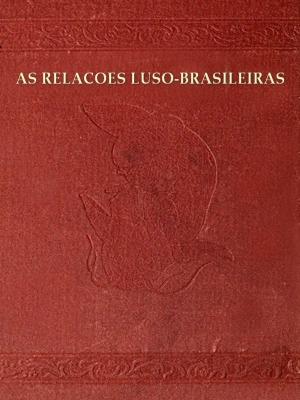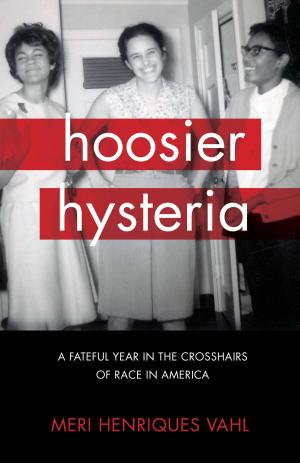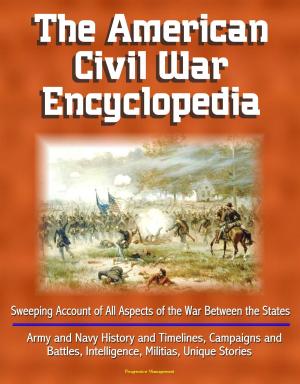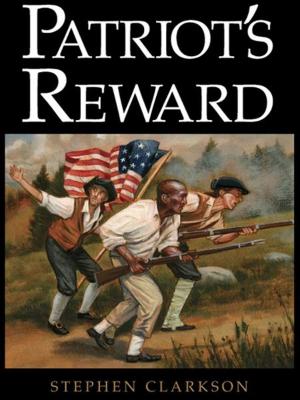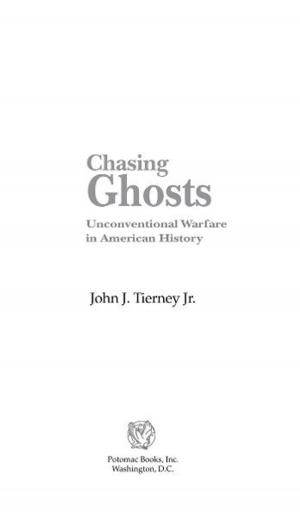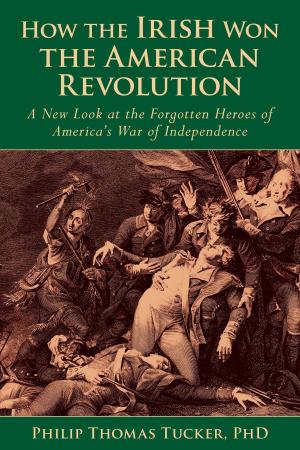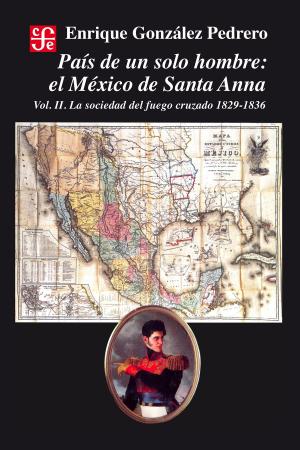Dearest Laura: The Civil War Letters Of Captain John Reed Beatty, 1861-1865
Nonfiction, History, Americas| Author: | Peter Steffens | ISBN: | 9781452425054 |
| Publisher: | Peter Steffens | Publication: | April 15, 2011 |
| Imprint: | Smashwords Edition | Language: | English |
| Author: | Peter Steffens |
| ISBN: | 9781452425054 |
| Publisher: | Peter Steffens |
| Publication: | April 15, 2011 |
| Imprint: | Smashwords Edition |
| Language: | English |
The authors of the letters in this collection were my great-grandparents Captain John Reed Beatty (Union) and Laura Elizabeth Maxfield. He wrote nearly 150 wartime letters to his "Dearest Laura" while soldiering in the Western Theater during the Civil War.
I am not yet aware of a larger collection of personal letters from the Civil War. By sheer numbers they naturally reflect more of daily life than battle. Unlike history books which jump timelines between battles, these letters provide a narrative which is exactly the opposite. Like broken mirror pieces, the letters once reassembled offer a true reflection of one soldier's complete wartime experience, and through that one, many others as well.
How many of us wish we could learn something exact of our forebears, especially during an important historical period? I decided to take on the daunting multi-year project of digitally transcribing these stacks of letters because I wanted to learn something of an ancestor's life directly, as well as contribute to the Sesquicentennial.
The original decaying letters and envelopes were donated by my mother Nancy to the Minnesota Historical Society and should not suffer any further deterioration. The copies she received in return were my source materials.
Captain Beatty had conflicted feelings between his love for Laura and his military duty and obligations. As he described it, he was “exiled from home on the march and in the bloody battle.” We read of his temptation to resign his commission and return home at Laura’s urging, but also his grim determination to see the fight through to its conclusion. I'm sure his love for Laura was the reason he wrote so many letters, it was a way for him to try to cling to normalcy as the chaotic war swirled around him.
Beatty’s military title was Captain of the Second Regiment, Minnesota Volunteer Infantry of the Union Army. Previous to the war he was a civilian, a school teacher in Mankato Minnesota. Laura and many of John’s regimental comrades were former pupils of his. In the letters we see his growth from a green civilian into an experienced veteran over time.
There is biographical information on Captain Beatty (including a photo in uniform) in the book “The Story of a Regiment” by Judson W. Bishop, Newell L. Chester, editor. It explains in detail the activities of the Minnesota Second Regiment during the war.
Captain Beatty was fortunate to survive the war. He suffered from two life-threatening fevers. At the Battle of Chickamauga his horse was shot dead from under him, and his next horse was shot and wounded as he conveyed battle information between the front lines and his commanders to the rear. Laura would have none of his assurances that he would survive the war; she could read the casualty lists in the newspapers as well as anyone.
As I was transcribing the letters, nothing struck me more than how very long that four year period of time must have felt for the war’s participants. When we study war history we jump months at a time between major events, conveniently skipping over all the arduous living that must be done in between. After reading these letters you will certainly have a better sense of having lived through the war vicariously.
It is my great pleasure to present these letters in a convenient digital format. Because of a shortage of paper during the war, there were two letters that were written first one way, and then written over in a checkerboard fashion, causing a nightmarish warp and woof to transcribe. You might say cursive caused curses.
I hope you will enjoy these wonderful letters. This updated version (2.0) now includes extensive handwriting samples for historical flavor, and a lowered price of only $0.99.
Prepared for the Sesquicentennial of the Civil War by Peter Steffens, digital transcriber, photographer, editor, and publisher.
The authors of the letters in this collection were my great-grandparents Captain John Reed Beatty (Union) and Laura Elizabeth Maxfield. He wrote nearly 150 wartime letters to his "Dearest Laura" while soldiering in the Western Theater during the Civil War.
I am not yet aware of a larger collection of personal letters from the Civil War. By sheer numbers they naturally reflect more of daily life than battle. Unlike history books which jump timelines between battles, these letters provide a narrative which is exactly the opposite. Like broken mirror pieces, the letters once reassembled offer a true reflection of one soldier's complete wartime experience, and through that one, many others as well.
How many of us wish we could learn something exact of our forebears, especially during an important historical period? I decided to take on the daunting multi-year project of digitally transcribing these stacks of letters because I wanted to learn something of an ancestor's life directly, as well as contribute to the Sesquicentennial.
The original decaying letters and envelopes were donated by my mother Nancy to the Minnesota Historical Society and should not suffer any further deterioration. The copies she received in return were my source materials.
Captain Beatty had conflicted feelings between his love for Laura and his military duty and obligations. As he described it, he was “exiled from home on the march and in the bloody battle.” We read of his temptation to resign his commission and return home at Laura’s urging, but also his grim determination to see the fight through to its conclusion. I'm sure his love for Laura was the reason he wrote so many letters, it was a way for him to try to cling to normalcy as the chaotic war swirled around him.
Beatty’s military title was Captain of the Second Regiment, Minnesota Volunteer Infantry of the Union Army. Previous to the war he was a civilian, a school teacher in Mankato Minnesota. Laura and many of John’s regimental comrades were former pupils of his. In the letters we see his growth from a green civilian into an experienced veteran over time.
There is biographical information on Captain Beatty (including a photo in uniform) in the book “The Story of a Regiment” by Judson W. Bishop, Newell L. Chester, editor. It explains in detail the activities of the Minnesota Second Regiment during the war.
Captain Beatty was fortunate to survive the war. He suffered from two life-threatening fevers. At the Battle of Chickamauga his horse was shot dead from under him, and his next horse was shot and wounded as he conveyed battle information between the front lines and his commanders to the rear. Laura would have none of his assurances that he would survive the war; she could read the casualty lists in the newspapers as well as anyone.
As I was transcribing the letters, nothing struck me more than how very long that four year period of time must have felt for the war’s participants. When we study war history we jump months at a time between major events, conveniently skipping over all the arduous living that must be done in between. After reading these letters you will certainly have a better sense of having lived through the war vicariously.
It is my great pleasure to present these letters in a convenient digital format. Because of a shortage of paper during the war, there were two letters that were written first one way, and then written over in a checkerboard fashion, causing a nightmarish warp and woof to transcribe. You might say cursive caused curses.
I hope you will enjoy these wonderful letters. This updated version (2.0) now includes extensive handwriting samples for historical flavor, and a lowered price of only $0.99.
Prepared for the Sesquicentennial of the Civil War by Peter Steffens, digital transcriber, photographer, editor, and publisher.

